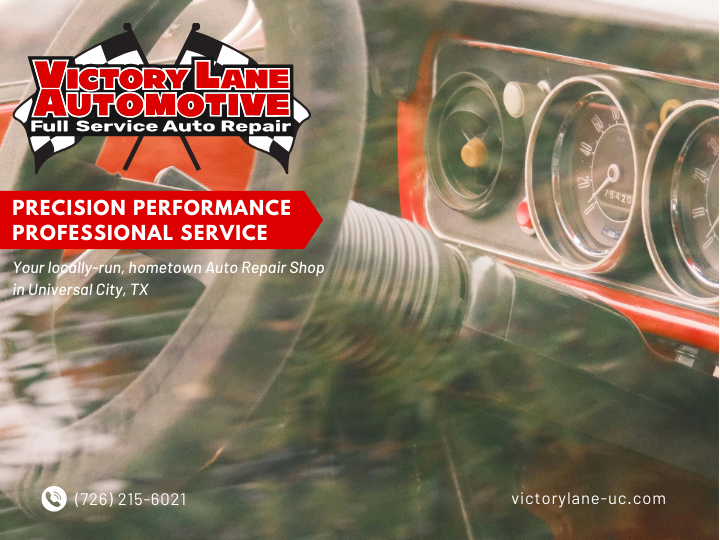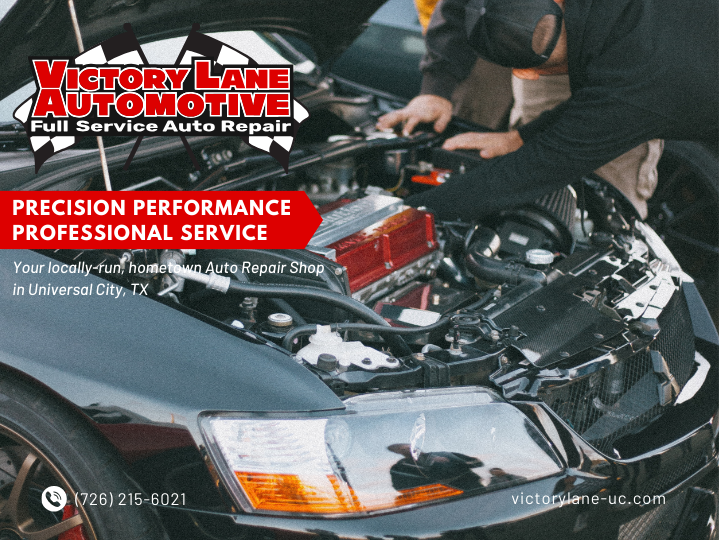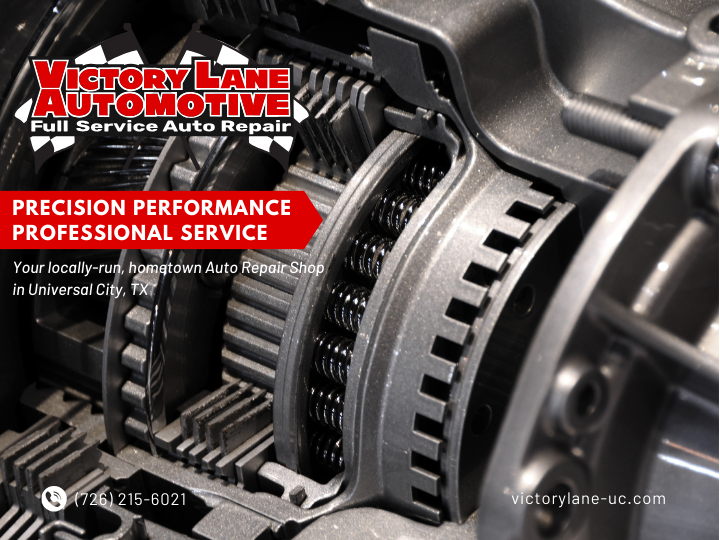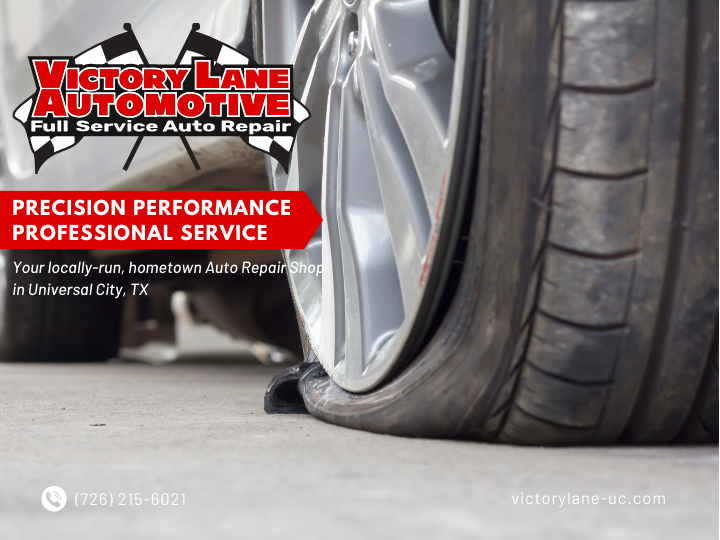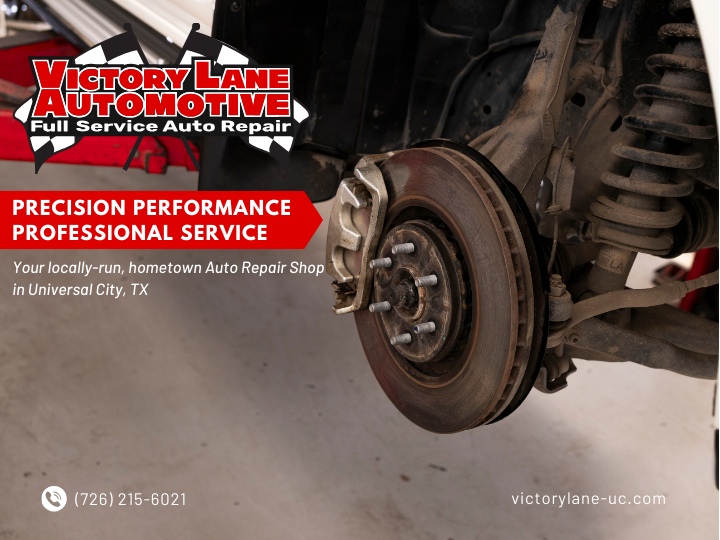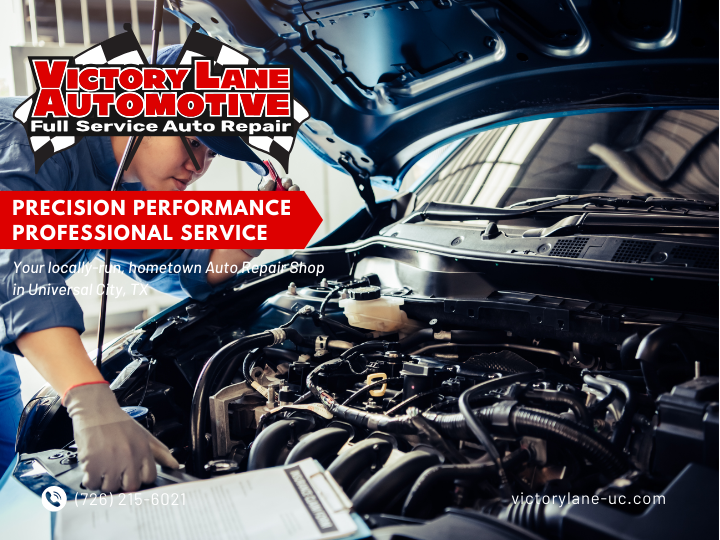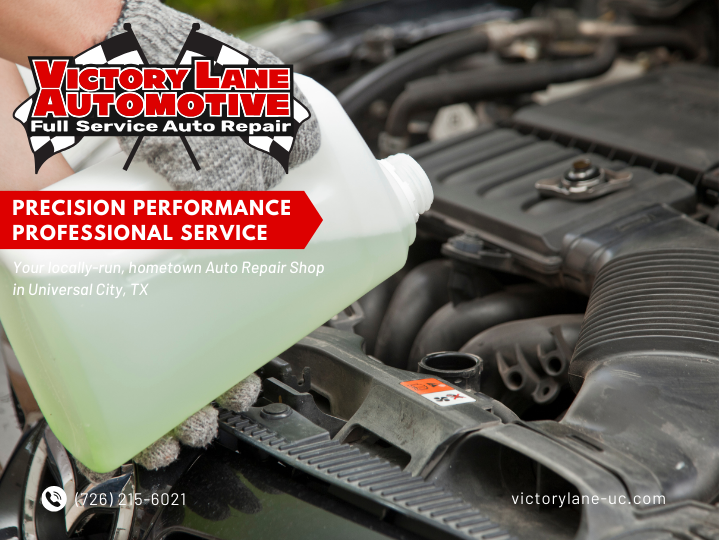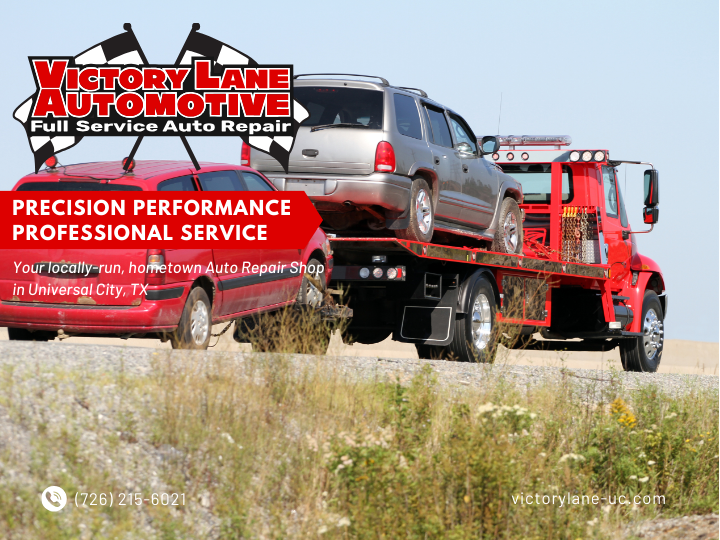Why does my car battery keep dying?
Why does my car battery keep dying?
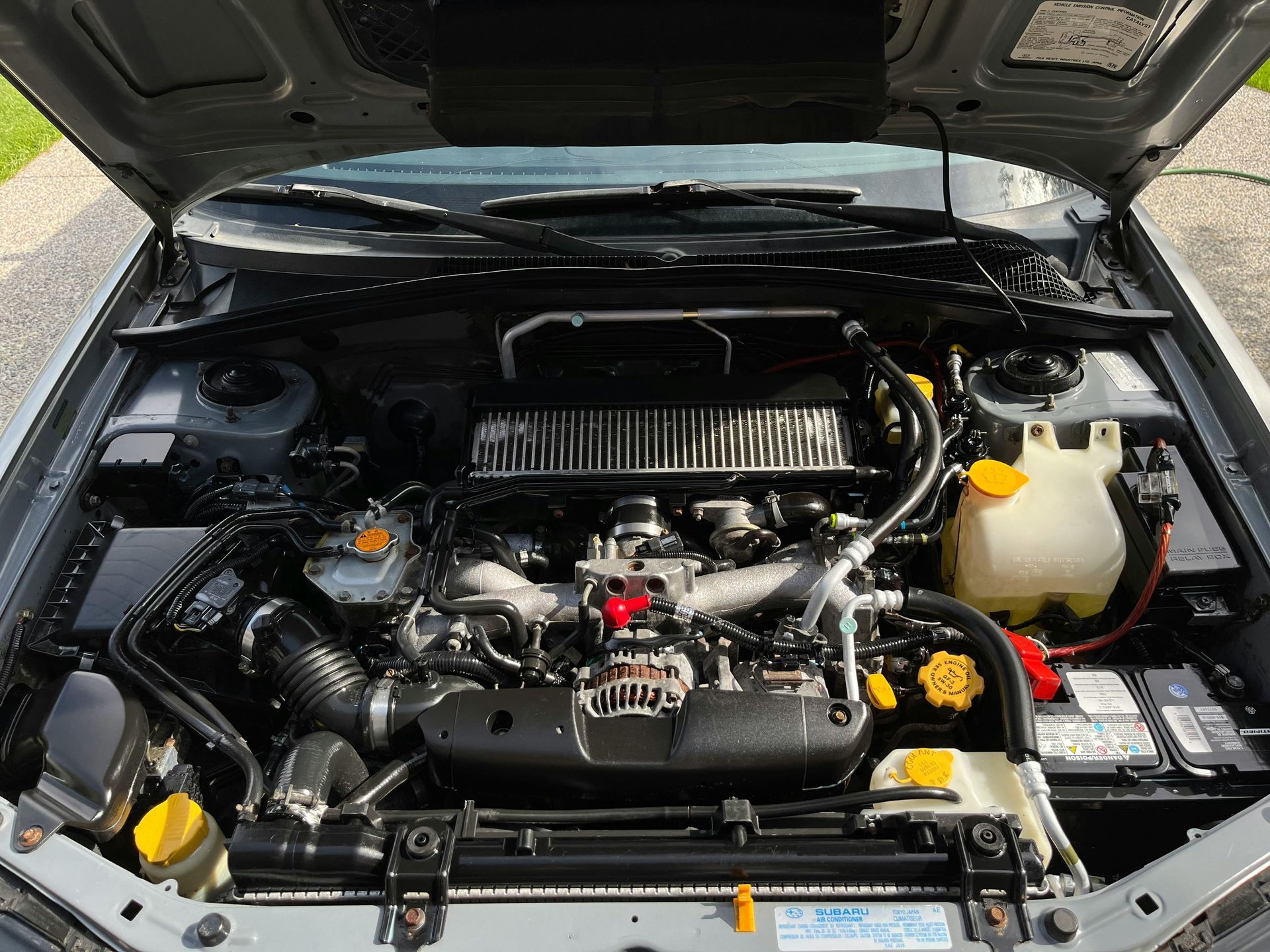
Why Does My Car Battery Keep Dying?
Few things are more frustrating than discovering your car won’t start
because the battery is dead—again! Whether it's a new battery or one
that's been serving you for a while, frequent battery issues can indicate
underlying problems that need addressing. If you're dealing with a
repeatedly dead car battery, this article will walk you through the possible
causes and provide practical solutions to keep your vehicle running
smoothly.
1. Age of the Battery
Car batteries are not built to last forever. Typically, a car battery lasts between three to five
years. Over time, the internal components degrade, reducing the battery’s ability to hold a
charge.
Symptoms of an Old Battery:
● The engine cranks more slowly when starting.
● The battery warning light may illuminate on your dashboard.
● The battery seems to lose charge faster, even when the car is off.
Solution:
If your battery is nearing the end of its lifespan, replacing it with a new one is the best solution.
Make sure to purchase a battery that matches your vehicle’s specifications.
2. Parasitic Drain
One of the most common reasons for a dying car battery is parasitic drain. Parasitic drain
occurs when electrical components in your vehicle, like the radio, lights, or security system,
continue to draw power from the battery even when the car is turned off.
Causes of Parasitic Drain:
● Leaving headlights, interior lights, or the glove box light on.
● Faulty electrical components that remain powered on even when they shouldn’t.
● Improperly installed aftermarket devices like car alarms, GPS systems, or stereo
systems.
Solution:
You can test for parasitic drain by disconnecting the battery while the car is off and using a
multimeter to check for current flow. If there's an electrical draw, it may be time to consult a
mechanic to identify and fix the faulty components.
3. Alternator Issues
The alternator is responsible for recharging the battery while your car is running. If it’s faulty,
your battery won’t get charged properly, leading to frequent dead batteries.
Signs of a Failing Alternator:
● Dim or flickering headlights.
● Strange noises coming from the alternator belt.
● Electrical issues like erratic dashboard readings or power windows operating more
slowly.
● The battery dies shortly after starting the car.
Solution:
Get your alternator tested by a mechanic. If it’s faulty, it will need to be repaired or replaced.
Also, make sure the alternator belt is in good condition and properly tensioned.
4. Extreme Temperatures
Both extreme heat and extreme cold can be hard on your car battery. Hot temperatures can
cause the battery fluid to evaporate, while cold temperatures can slow down the chemical
reactions within the battery, reducing its ability to hold a charge.
Symptoms of Temperature Damage:
● Car struggles to start in cold weather.
● Battery appears swollen or bloated (a sign of heat damage).
Solution:
If you live in an area with extreme temperatures, consider purchasing a battery designed for
such conditions. Additionally, make sure to park your car in a garage or shaded area to reduce
the strain caused by temperature fluctuations.
5. Short Trips
If you regularly take short trips in your car, the battery may not have enough time to recharge
fully. The process of starting your vehicle uses up a significant amount of battery power, and
without sufficient drive time, the alternator can’t replace the lost charge effectively.
Impact of Short Trips:
● Frequent short trips prevent the battery from reaching full charge.
● Over time, this can weaken the battery, shortening its lifespan.
Solution:
Try to minimize short trips whenever possible. If you primarily drive short distances, take your
car for a longer drive (20-30 minutes) once in a while to give the battery a chance to recharge
properly. Another option is to use a battery maintainer or trickle charger to keep the battery fully
charged between uses.
6. Corroded or Loose Battery Connections
Battery terminals and cables can corrode over time, which can prevent the battery from
charging properly. Loose or dirty connections can lead to intermittent power issues, including a
dead battery.
Signs of Corroded Connections:
● Visible white, blue, or greenish powder around the battery terminals.
● The car fails to start even though the battery is relatively new.
Solution:
Check your battery terminals regularly for signs of corrosion. If corrosion is present, clean the
terminals with a mixture of baking soda and water, using a wire brush or terminal cleaner to
scrub away the buildup. Make sure the battery connections are tight to ensure proper power
flow.
7. Frequent Use of Electronics While the Car is Off
Modern cars come equipped with numerous electronics, such as GPS, phone chargers,
dashboard cameras, and entertainment systems. Using these devices while your engine is off
can rapidly drain your battery, especially if the battery is older or weak.
Signs of Excessive Power Draw:
● The battery dies after using accessories like the radio or headlights for a short time while
the engine is off.
Solution:
Limit the use of electronics when the engine is not running. If you regularly rely on electronics
while the car is off, consider investing in a deep-cycle battery designed to handle repeated
discharging.
8. Faulty Charging System
Even if your alternator is functioning properly, other components of the charging system, such
as the voltage regulator or battery cables, can be faulty and prevent the battery from charging
correctly.
Signs of a Faulty Charging System:
● Battery light illuminates on the dashboard.
● Frequent need to jump-start the car despite a new battery.
Solution:
Take your car to a professional to check the entire charging system. Fixing or replacing faulty
components like the voltage regulator, wiring, or fuses will ensure that your battery charges
properly.
9. Alternator Belt Problems
The alternator belt is crucial in transferring engine power to the alternator so it can recharge the
battery. If the belt is worn, loose, or broken, the alternator may not generate enough electricity,
causing the battery to die frequently.
Symptoms of a Belt Issue:
● A squealing noise when you start the car or when the engine is running.
● The battery fails to charge, despite a functioning alternator.
Solution:
Inspect the alternator belt for wear and tear, and make sure it has the proper tension. If
necessary, replace the belt to ensure that the alternator can work effectively.
https://youtu.be/gK_AdoxkFZ0



